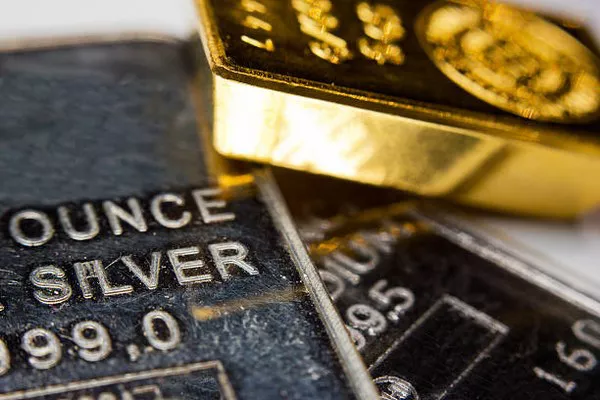Gold has been an enduring symbol of wealth and prosperity throughout human history. Beyond its aesthetic appeal and cultural significance, gold plays a pivotal role in the global economy. One intriguing aspect that has contributed to the widespread appeal of gold is its VAT (Value Added Tax) exemption in various jurisdictions. This article explores the economic rationale behind the decision to make gold VAT-free and delves into the implications of this tax treatment.
Historical Perspective
The VAT exemption on gold is deeply rooted in historical contexts. Gold has been utilized as a store of value and medium of exchange for centuries. Recognizing its pivotal role in economic stability, governments and financial institutions have often sought to encourage the use of gold by exempting it from certain taxes, including VAT.
Stability in Times of Economic Uncertainty
Gold is often referred to as a “safe-haven” asset, particularly in times of economic uncertainty. During periods of market volatility, investors flock to gold as a reliable store of value. VAT exemption on gold serves to bolster this perception, incentivizing individuals and businesses to allocate resources to gold as a hedge against economic instability.
Promotion of Financial Inclusion
By making gold VAT-free, governments aim to promote financial inclusion by making this precious metal more accessible to a wider range of individuals. The removal of VAT reduces the overall cost of purchasing gold, making it a more attractive investment option for the general population. This inclusivity aligns with broader economic goals of fostering wealth distribution and financial empowerment.
Stimulating Economic Growth
Gold holds a multifaceted role in economic development. As a commodity, it contributes to various industries, including jewelry, electronics, and manufacturing. By exempting gold from VAT, governments stimulate economic growth by encouraging consumption and investment in these sectors. The resulting increase in economic activity creates a positive ripple effect, fostering job creation and enhancing overall economic stability.
Market Dynamics
The VAT exemption on gold also influences market dynamics, impacting both supply and demand factors.
Encouraging Gold Production
Governments, recognizing the economic benefits associated with gold production, often provide tax incentives to mining companies. VAT exemption on gold serves as an additional incentive, encouraging increased production. This, in turn, contributes to job creation, technological advancements in mining processes, and the overall development of the mining industry.
Boosting Consumer Demand
From an end-user perspective, VAT-free gold stimulates consumer demand. Investors, jewelry manufacturers, and other industries reliant on gold benefit from the reduced cost of acquiring gold, leading to increased demand. This heightened demand contributes to a more vibrant and competitive gold market, driving innovation and efficiency across the supply chain.
Global Perspectives on VAT-Free Gold
The VAT treatment of gold varies across different jurisdictions, with some countries choosing to exempt gold while others impose VAT on its purchase. The decision to make gold VAT-free is often influenced by a combination of historical, economic, and policy considerations.
Cultural Significance
In countries where gold holds deep cultural and religious significance, governments may opt for VAT exemption to preserve and promote the cultural value of gold. This is often seen in countries where gold is integral to traditional ceremonies, weddings, and religious rituals.
Economic Policy Objectives
Governments may align VAT policies on gold with broader economic policy objectives. For instance, in economies where there is a focus on encouraging investment, job creation, and export-oriented industries, making gold VAT-free can be a strategic measure to achieve these goals.
See Also Where Can I Get Cash for Gold Near Me?
Conclusion
The decision to make gold VAT-free is rooted in a complex interplay of historical, economic, and policy considerations. Governments recognize the intrinsic value of gold as a stabilizing force in times of economic uncertainty, a promoter of financial inclusion, and a catalyst for economic growth. By exempting gold from VAT, authorities aim to create a conducive environment for the flourishing of industries associated with gold, from mining to manufacturing and beyond.
Understanding the economic rationale behind the VAT exemption on gold provides valuable insights into the interconnectedness of economic policies and the global gold market. As gold continues to captivate the world’s attention, its VAT-free status remains a testament to its enduring role as a symbol of wealth, stability, and economic prosperity.


